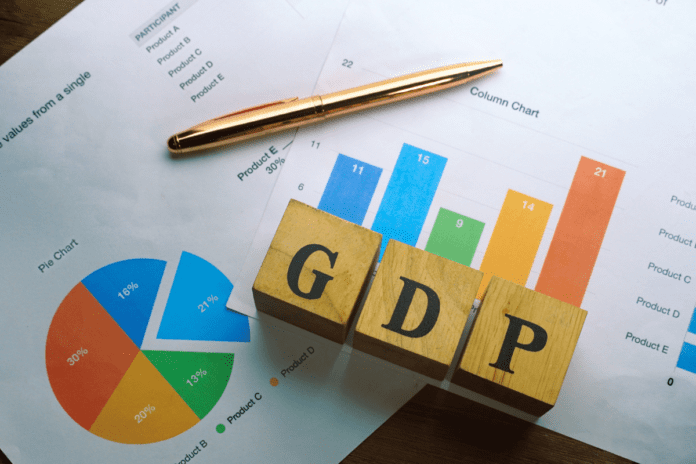Gross domestic product (GDP) is one of the fundamental indicators that economists and businesspeople use when discussing the state of the economy. The larger the GDP, the bigger the economy, and the faster the rate of growth, the healthier the economy.
So what is GDP? It is calculated by taking a sample of prices for goods and services from across the economy during a set period, which is usually a quarter. In the US, GDP is calculated by the Bureau for Economic Analysis, using figures collected by the Bureau of Labor Statistics. GDP is then used to inform economic and financial decisions by the government, Congress and the Federal Reserve.
Yet GDP has been criticized over the years, particularly for what it does not include. Unpaid labor, which is a significant chunk of a nation’s economic activity, is not included, nor are goods that go unsold. At the same time, the range of factors that do affect GDP includes some surprises.
Narcotics trade
When the concept of GDP was developed in the 1930s, it was assumed that Illegal Economic Activity (IEA) would not be included. This was as much to do with the difficulty of obtaining precise figures as with any concern for the morality or social harm of illegal activities.
This remains the case in the US, however, in Europe, the GDP figures now routinely include a number of illegal activities, including the narcotics trade.
The move to include IEAs in GDP calculations has been controversial and the process of calculating the figures involved is a complicated one, based on estimating the number of drug users recorded in crime surveys, then multiplying that by an estimate of the average amount of drugs consumed per user. According to an estimate by the UK’s Office For National Statistics, the drug trade could account for around 5% of UK GDP.
Sex industry
As with the narcotics trade, the inclusion of figures for the sex industry has proven to be extremely complicated across Europe. Estimates of the number of people working in various aspects of the industry, most of them illegal, are combined with the level of prices in more regulated parts of the industry.
The inclusion of the sex industry in GDP has been complicated by the fact that the legality of the sector varies widely across Europe, and by the fact that the risk of including people who have been trafficked into sex work is significant.
Gambling winnings
Gambling is a less controversial economic activity than the sex industry or the narcotics trade. This sector is heavily regulated and still illegal in some parts of the world. Illegal gambling is not included in GDP figures, while legal gambling does form part of the calculation.
Including gambling winnings, however, is a more controversial factor. In some nations, gambling winnings are taxable, while in others they are not. In the UK, for example, tax is payable on lottery winnings but technically not on sports betting or casino winnings. In those sectors, winning is not seen as a taxable activity, yet it does affect GDP.
Currency devaluation
Since GDP is generally taken to be a measure of the health of an economy, it is surprising to find that when a nation’s currency declines in value, it can have a positive effect on GDP.
The reason for this is that when a currency is devalued, imports to that country become more expensive, while exports are cheaper. So, the demand for domestic goods and services increases, both within a nation and from outside. At a certain point, a declining currency can cause increasing inflation, which has a negative impact on GDP, but in the short term, currency depreciation is good news for GDP.
Online transactions
One of the main criticisms of the GDP model is that it cannot always cope well with changing economies, and the rise of the online economy and internet transactions illustrates this.
According to GDP, going to the airport and buying an airline ticket is more valuable than buying and checking in online. The online process is more convenient for the customer and enables companies to drastically reduce their costs, but from a GDP perspective, it is less impactful than a physical transaction with an airline employee.
This type of anomaly is largely down to the fact that GDP was developed at a time when the vast majority of the economy was devoted to the production of tangible manufactured goods. In a world of online transactions, it is often less effective, and leads to some curious and surprising facts.









